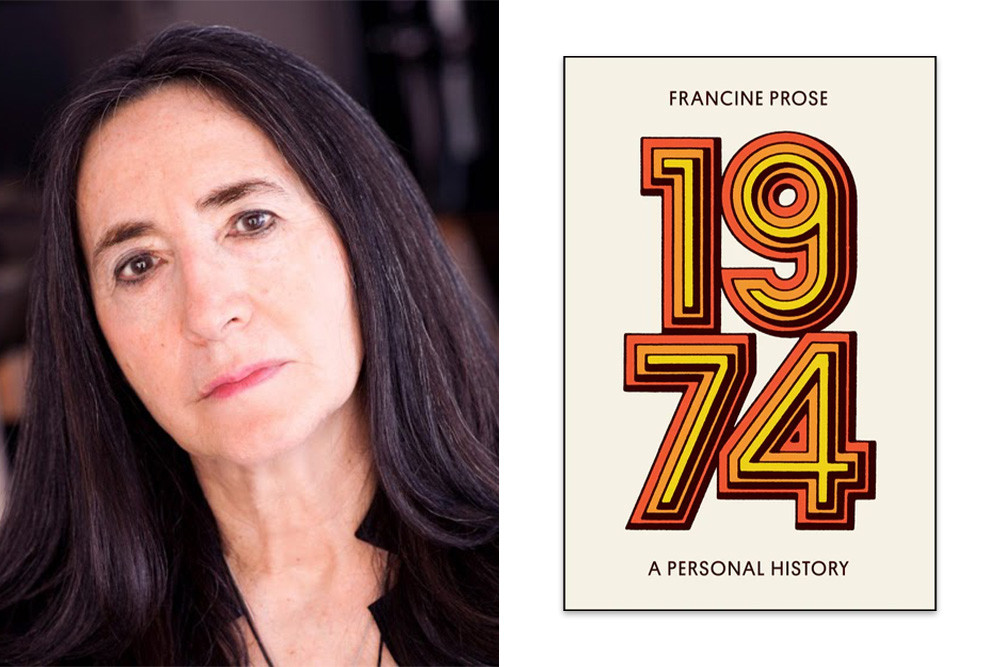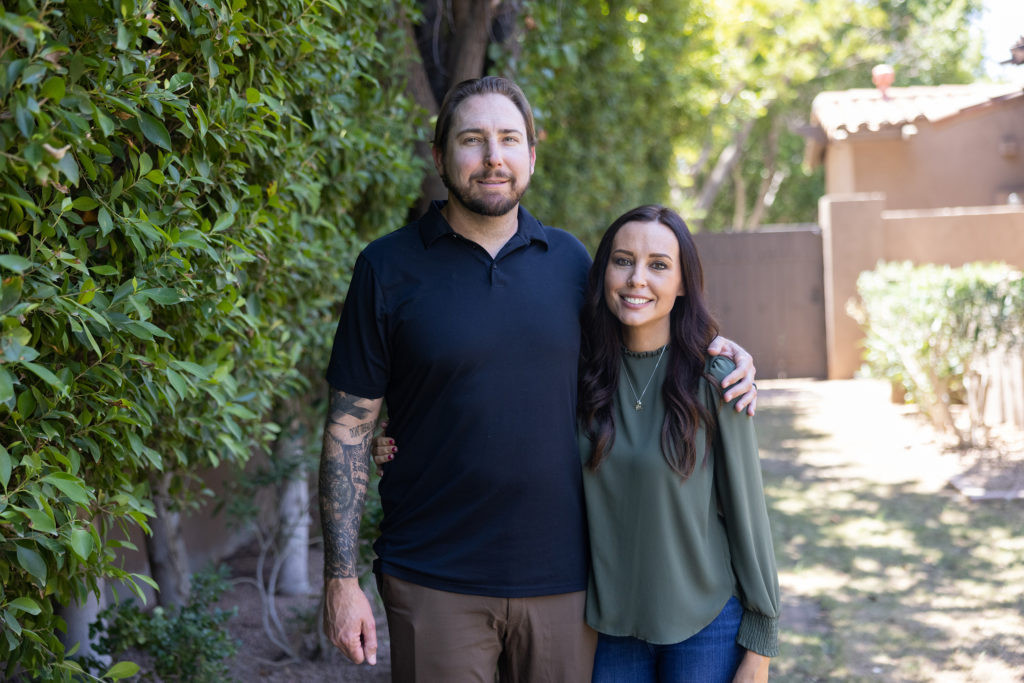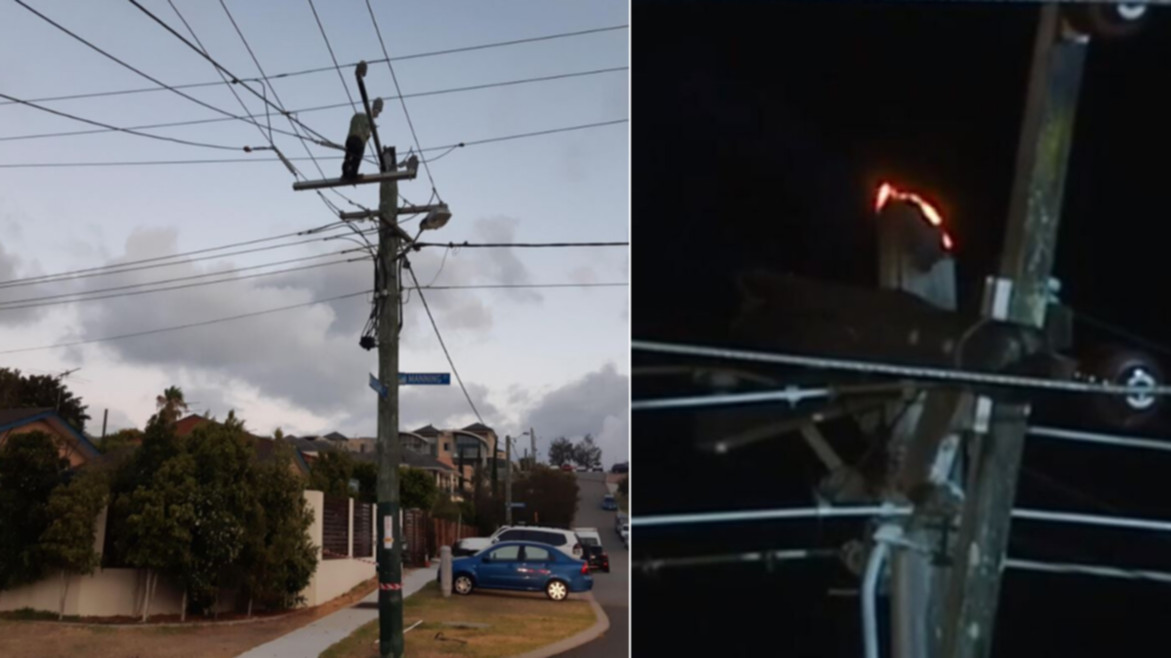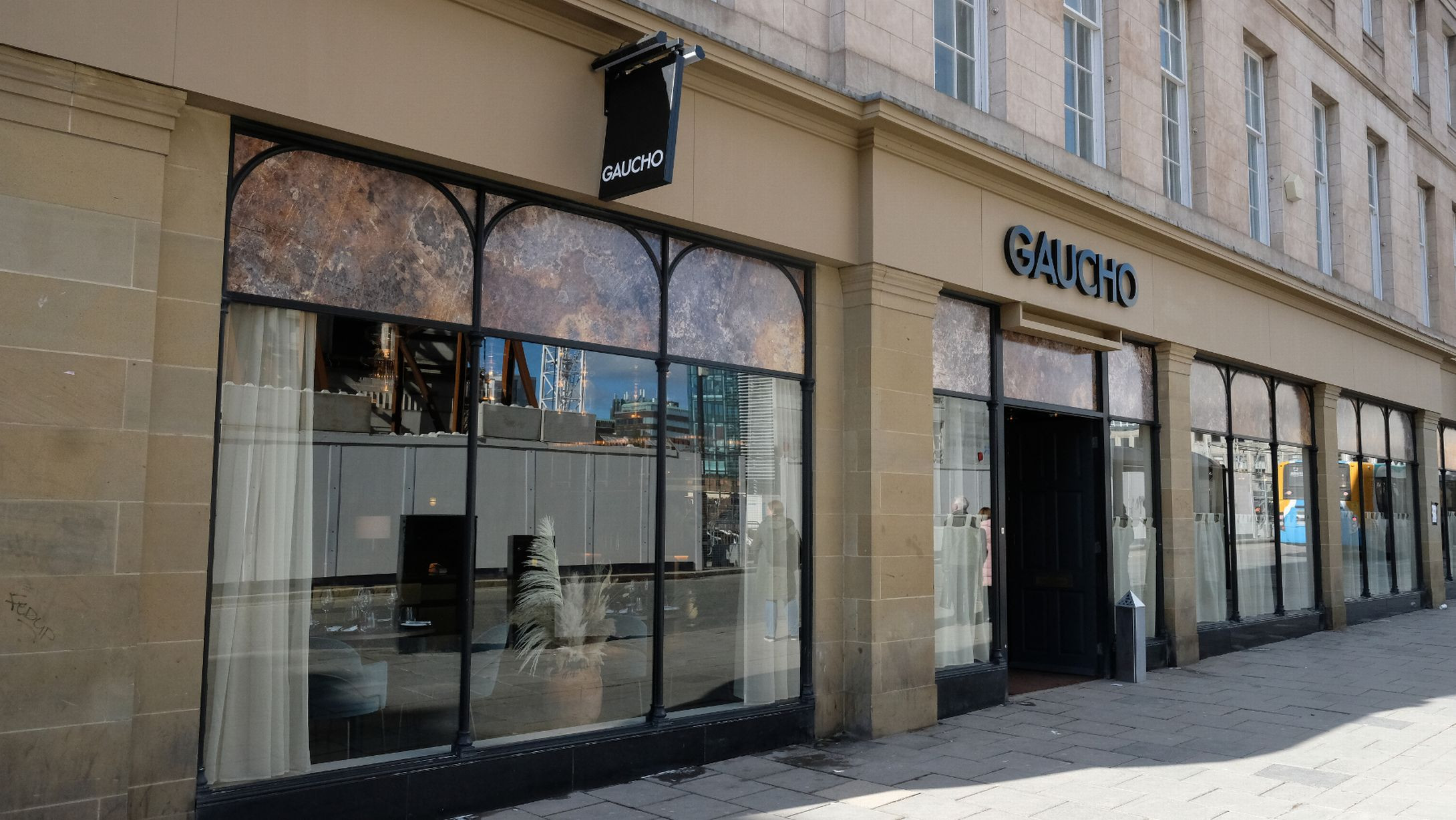Prolific novelist and critic Francine Prose’s first memoir is a powerful example of deeply personal, political history written in her usual stellar prose. Although Prose stated in my first MFA course that “you can’t teach writing,” I’d argue that one can learn a lot about writing from reading her books (some thirty or more at last count). Her attention to detail, dialogue, and the rhythm of life is apparent throughout her work. Her memoir is set in 1974 and it’s a crucial year in Prose’s life and our collective history as a nation. At twenty-six, she’d left her marriage, published her first novel (Judah the Pious), was working on a third, and moved to San Francisco. She writes of this time, “I liked feeling free, alive and on edge, even a little bit afraid … I wanted to feel like an outlaw.” This was the San Francisco of the early 1970s with activism in the air but also a bitter coming-of-age for the sixties generation who’d thought they were changing the world. For Prose, “If the late ’60s were about believing in the possibility of fundamental change, the 1970s were about the dawning realization that the changes we’d wanted weren’t going to happen.”
Prose writes about her relationship with Anthony Russo, an “anti-Vietnam war whistleblower and free speech hero” and one of two men from RAND Corporation who leaked the Pentagon Papers. She’s sufficiently starstruck by Russo—“I had never met anyone like Tony”—although her portrait of the man shows his petty frustration at not getting the same “credit” (read: media attention) as Daniel Ellsberg. Prose and Russo spend nights riding around in his ancient Buick—giving her space to describe San Francisco with lovely noirish prose: “As we headed west through Outer Sunset and circling back along the avenues of Outer Richmond, bright streaks of neon signage dripped down the windshield onto the glistening streets.” Her attraction to the not obviously attractive Russo is detailed in an early scene:
An Unlikely Romance
We both cared about politics. We both liked stories. We both liked to laugh. We were both less easygoing than we tried to appear … Gravity’s Rainbow was one of our favorite novels. It spoke to our belief that history and the forces that shaped it were in every way more sinister than the most evil scenarios we could imagine.
She hopes for an emotional connection but serves more as an ear to Russo’s ranting. And although her friend and roommate tries to warn Prose off of getting involved with Russo, she embraces the relationship. Their near-nightly rides around San Francisco and along the Pacific served Prose’s need for a sort of directionless freedom: “I had no idea where we were going or where we would end up. I liked not knowing, not caring, not having to decide.” There’s a moment in their first night together when we see a hint of Russo’s darkness. They’re parked at night above the ruins of the Sutro Baths: “We stood on the edge of a drop-off. There was just enough moonlight filtering through the clouds to see the dark stone pools below us, the cracked basins full of muck. Beyond the ruins were the beach and fog and the black waves rolling in.” Prose acknowledges the terrible possibility of the moment: “Looking back, I’m a little frightened for that girl hanging out with a semi-famous, possibly unbalanced friend of a friend, looking down into a stone pool into which a person could be thrown and no one would ever find them.” But, she says, “I wasn’t scared then.” And it’s part of the power of her writing that we can feel in this scene the craving for freedom of our own twenty-something selves. The affair eventually ends badly, and Prose moves on with her life: “We lost track of each other, and we let ourselves forget.”
A Nation in Crisis
With her usual deftness, Prose weaves the personal, the historical, and the political into a tale of her own growth into a powerful writer and the country’s awakening into the reality of our domestic and global violence, trading idealism for acquisition. By setting the narrative in 1974, personal events play out in the shadow of Nixon’s resignation, the Pentagon Papers, the Patty Hearst kidnapping, domestic spying by the CIA, and the ongoing horror of the Vietnam War. For Russo, bringing to light the American government’s cover ups in support of continuing the Vietnam War was both a crusade and his downfall. As Prose shows, by the time she met him, he was paranoid, bitter, and bad news. But it’s part of the work of memoir that Prose accomplishes to show her own bad choices and the way she was able to move on. For Prose, her time with Russo serves as a space for reflecting on what is possible. “When I hear people talking about the crises we face now, saying that there’s nothing that can be done.… Tony believed that you had to do something. That’s what we believed.… Even if … the chances were that most of what you did would eventually be undone, you still had to try.” This is a deftly woven and beautifully written memoir by one of our most important writers.
A Powerful Reflection on a Turbulent Time
Francine Prose’s memoir is a powerful reminder of the interconnectedness of personal and political history. Her story of love, loss, and disillusionment is a reflection of a nation grappling with its own demons. Prose’s ability to weave together the personal and the political, the intimate and the historical, makes for a compelling and insightful read. '1974' is a powerful testament to the enduring power of human connection and the importance of grappling with the past. It is a book that will resonate with anyone who has ever been young, in love, and disillusioned by the world around them.

















